Dysphagia is a medical condition characterized by difficulty or discomfort in swallowing, affecting the movement of food and liquids from the mouth to the stomach. This condition can result from various causes, including neurological disorders, structural abnormalities, muscular diseases, psychogenic and side-effects or impact of medications. Individuals with dysphagia may experience symptoms such as coughing or choking during meals, a sensation of food being stuck in the throat, and respiratory infections due to aspiration. Dysphagia can significantly impact a person’s quality of life, leading to malnutrition, dehydration, and social isolation.
American Speech-Language-Hearing Association
American Gastroenterological Association
American Neurogastroenterology and Motility Society
European Society for Swallowing Disorders
International Dysphagia Diet Standardization Initiative
Japanese Society of Dysphagia Rehabilitation
Latin America Dysphagia Society (SLAD)
National Foundation of Swallowing Disorders
Specialty Board on Swallowing and Swallowing Disorders
The Dysphagia Committee has developed a new pamphlet titled Managing Dysphagia in Disaster and Conflict Zones – Essential Information for Emergency Preparedness which will be released on World Swallowing Day, December 12. In other news, the World Dysphagia Coalition will launch worldwide on World Swallowing Day, December 12.
The purpose of the Dysphagia Committee of the IALP is to provide a platform for collaboration, research, mentoring, practice guidelines and education among professionals worldwide. The committee is comprised of members from eleven different countries. We aim to facilitate international knowledge exchange through webinars and conferences, offering the latest insights and best practices in dysphagia care. Our activities include identifying knowledge gaps, conducting research projects, and advocating for global policies that improve patient outcomes.
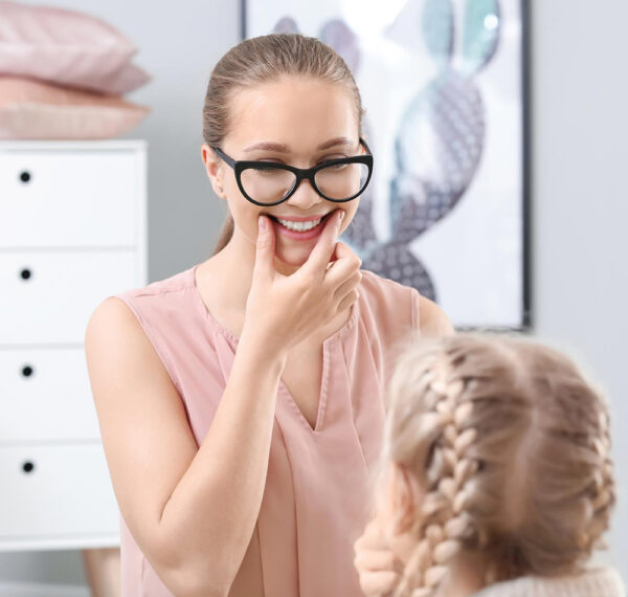
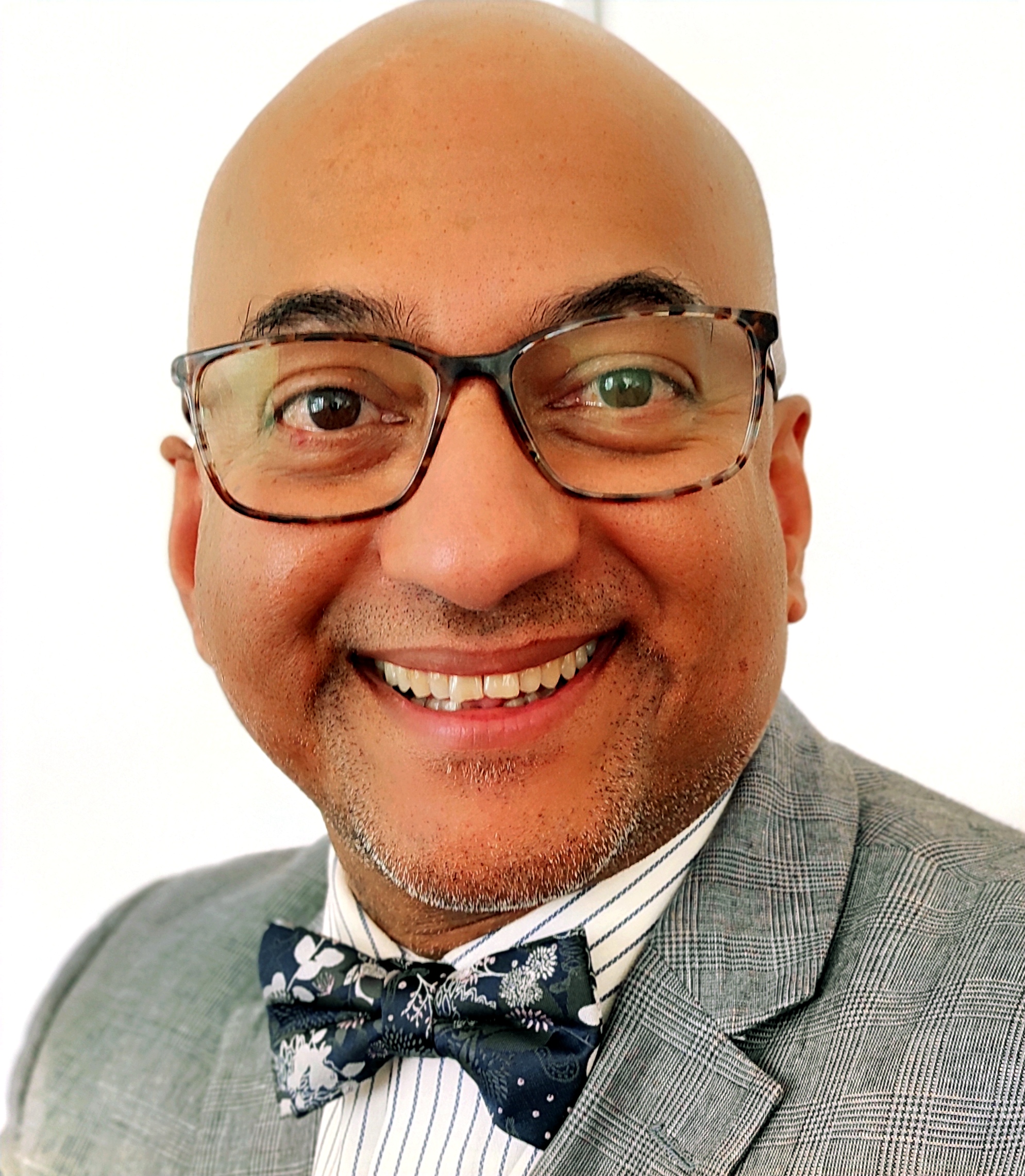
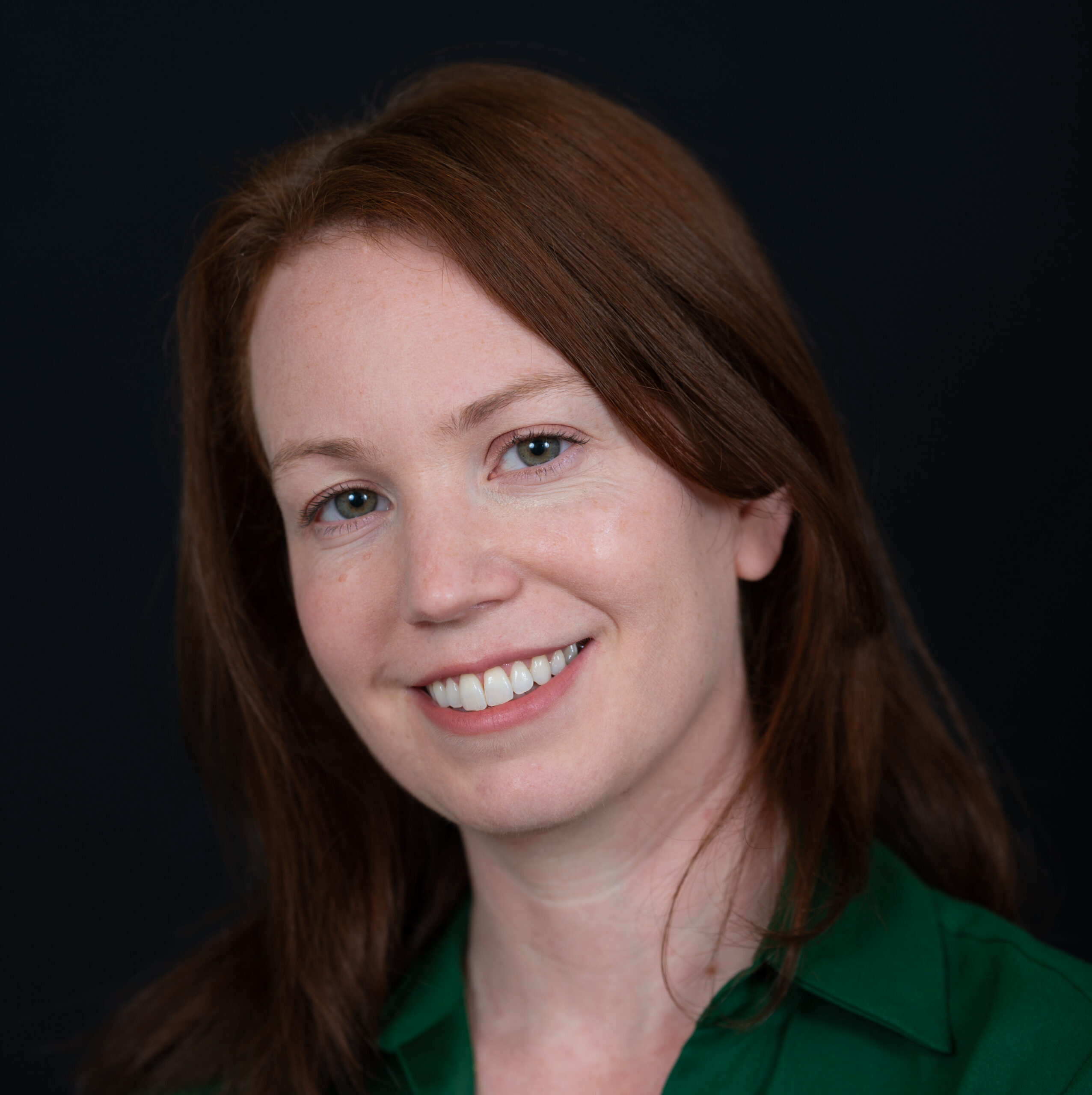
Nogah Nativ-Zeltzer is a speech language pathologist and faculty member at the Tel Aviv University Faculty of Medicine. Dr. Nativ Zeltzer holds a BA from Haifa University and Ph.D. from Northwestern University. She conducted her postdoctoral training at the University of California Davis, where she was the recipient of the Dickenson Fellowship. Dr. Nativ-Zeltzer’s research focuses on the prevention and treatment of swallowing disorders and aspiration pneumonia in older adults.
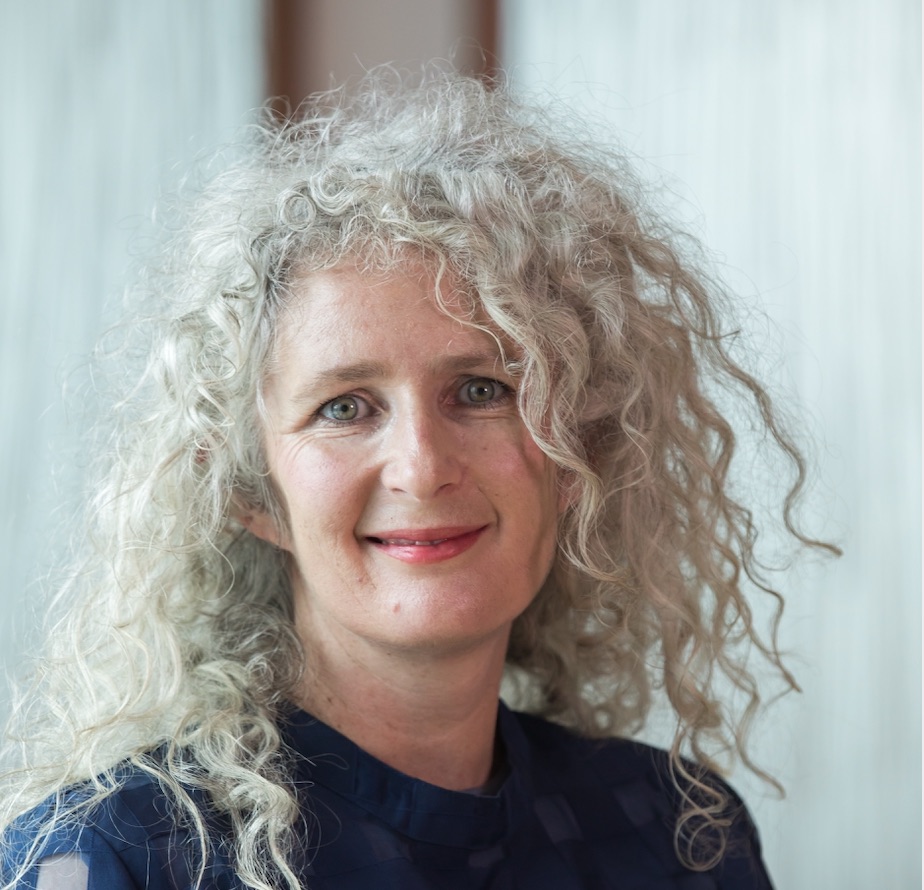
Michelle Cimoli, PhD, is a speech pathologist at Austin Health in Melbourne, Australia. She is also a casual member of the teaching and practice faculty in the speech pathology discipline at La Trobe University. Michelle has worked with people who experience swallowing difficulties associated with a range of health conditions and in a variety of clinical settings. She is currently working in the Radiotherapy Unit to support people who are undergoing radiotherapy for head and neck cancer. Michelle completed her doctoral research La Trobe University. Her research focused on developing and validating a new FEES assessment tool. Michelle runs FEES education/training programs and provides mentoring and supervision to speech pathologists. She is a member of a number of collaborations and working groups relating to practice areas such as dysphagia standards, oral health, and ethics.
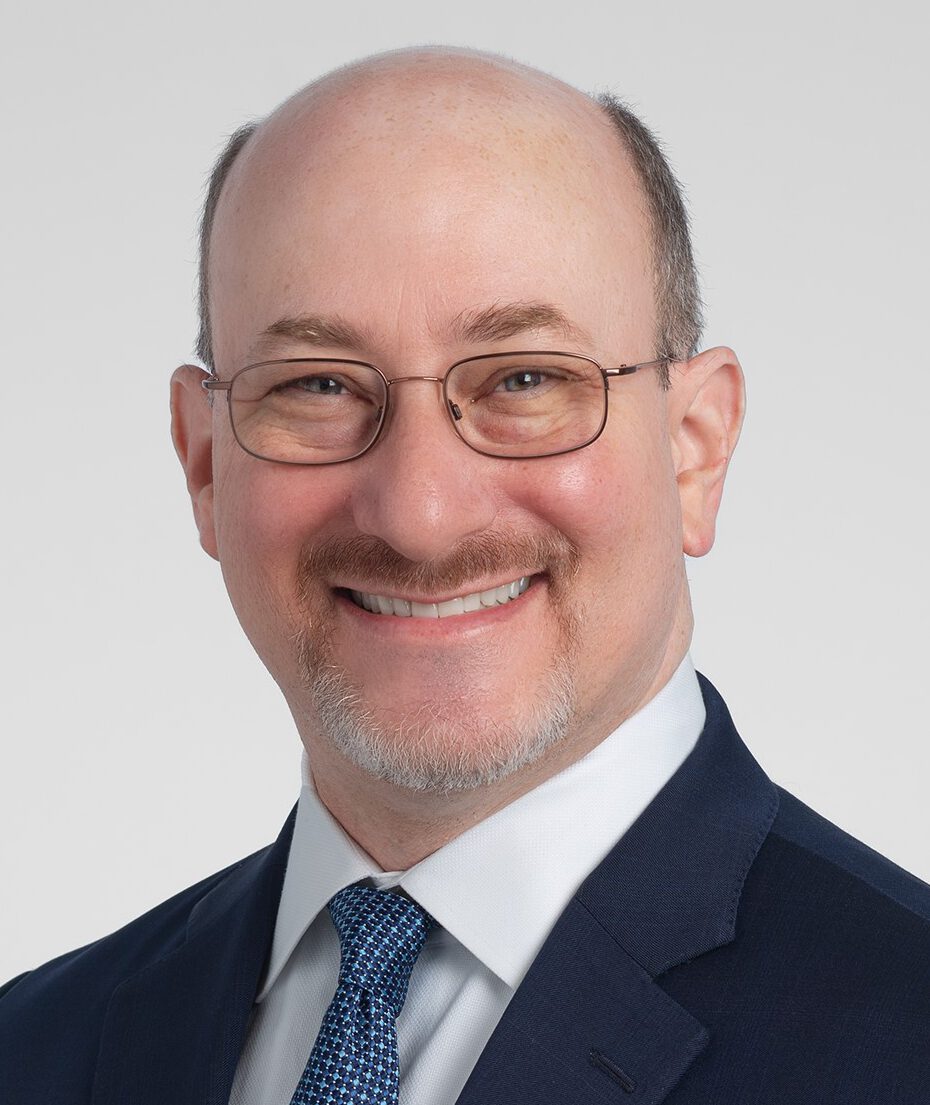
Dr. Martin Brodsky is Section Head, Speech-Language Pathology in Otolaryngology Head and Neck Surgery at Cleveland Clinic and Adjunct Associate Professor of Physical Medicine and Rehabilitation and Pulmonary and Critical Care Medicine at Johns Hopkins University. His research is funded by the NIH studying the effects of critical illness and critical care medicine on swallowing and the airway.
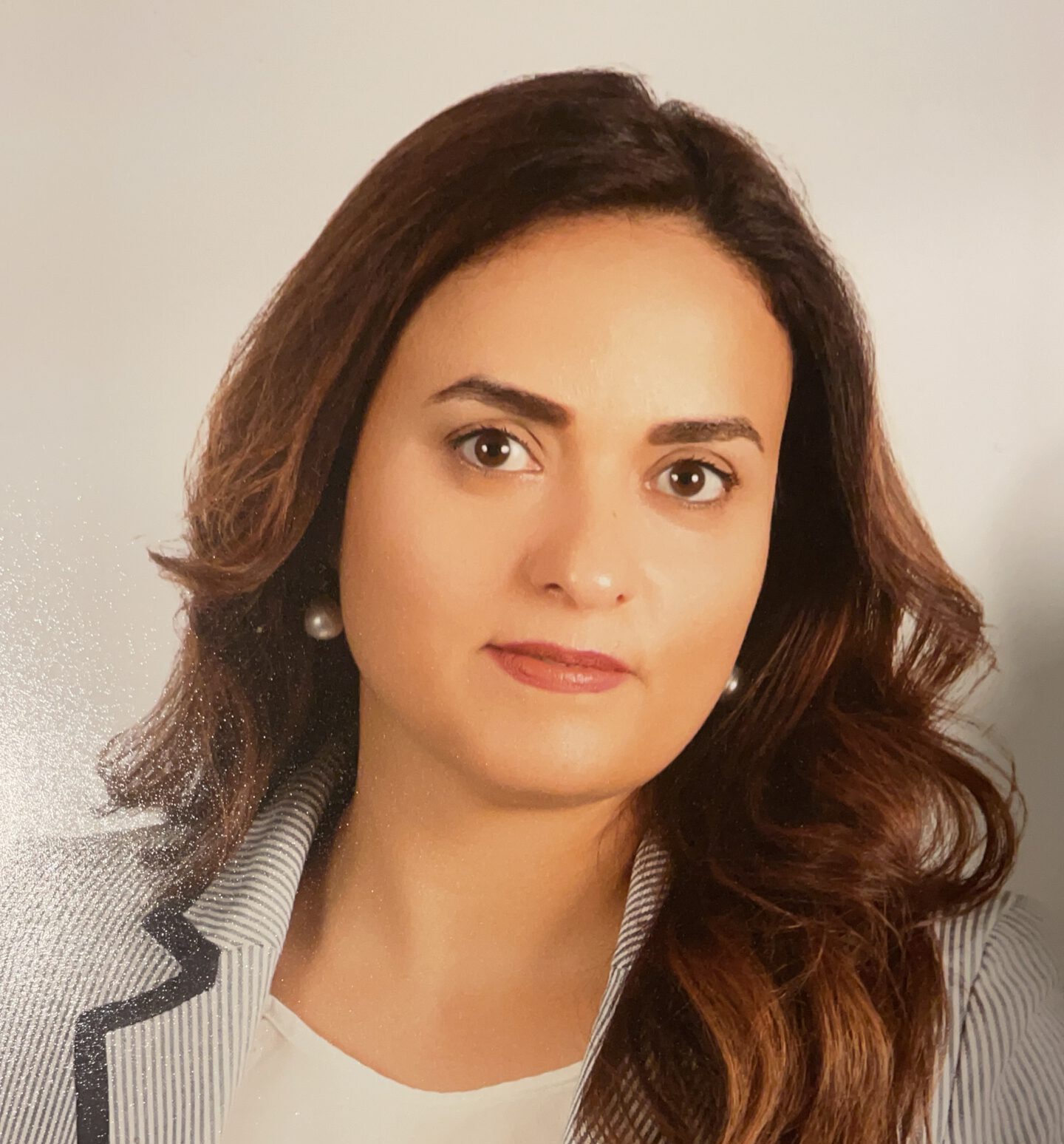
Reine Bou Issa Ghafary is the founder of Talking Brains Center FZE in DSO, Dubai. Reine enjoys over 22 years of experience in speech therapy and neuropsychology. Reine has a Masters’ degree in Clinical Psychology, specialized in Neuropsychology from Angers University in France, a Bachelor Degree in School Psychology and a masters’ degree in Speech Language Therapy from the Lebanese University.
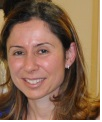
Kyriaki Kyriakou, SLP.D., CCC-SLP is a special scientist at the Department of Rehabilitation at the Cyprus University of Technology and an adjunct professor at the Speech Language Pathology Department at Nova Southeastern University. Her clinical and research interests are in the areas of voice and dysphagia. She actively publishes and lectures in these clinical areas. She is a co-author of the book “Fast Facts: Neurogenic Dysphagia.” She has clinical expertise in evaluating and treating neonates, infants, children, adolescents, and adults with feeding and swallowing problems. She is also a fellow of the American Speech-Language-Hearing Association.
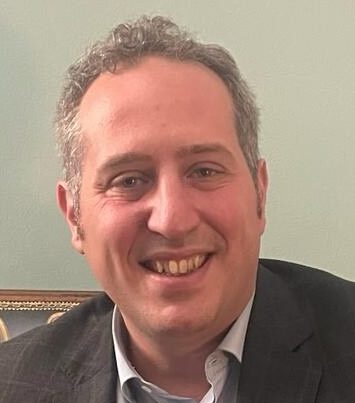
Federico Masserano Zoli is a physician, degree at University of Genoa, specialized in audiology and phoniatry at the University of Milan. He had a second degree master in management and economic systems in healthcare at university of Genoa. Actually he is the head of the service of audiology and phoniatry of the AISM (Italian association of multiple sclerosis) in Genoa, focused on the diagnosis and rehabilitation of dysphagia in neurodegenerative illness such as MS, ALS and SMA. He lives in Genoa, he is married and he has a child.
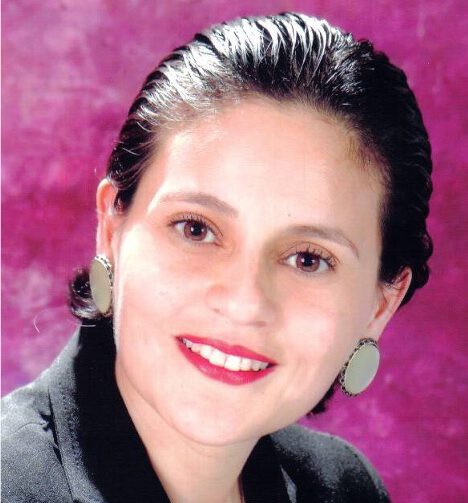
Head of Speech Pathology Service at Instituto de Enfermedades Neoplásicas Lima-Perú.
Founder and general manager of Peruvian association of laryngectomees .
Member of the interest group for the self assessment and university accreditation process at Universidad Femenina del Sagrado Corazón. Lima-Perú.
Vocal coach in different state and private institutions
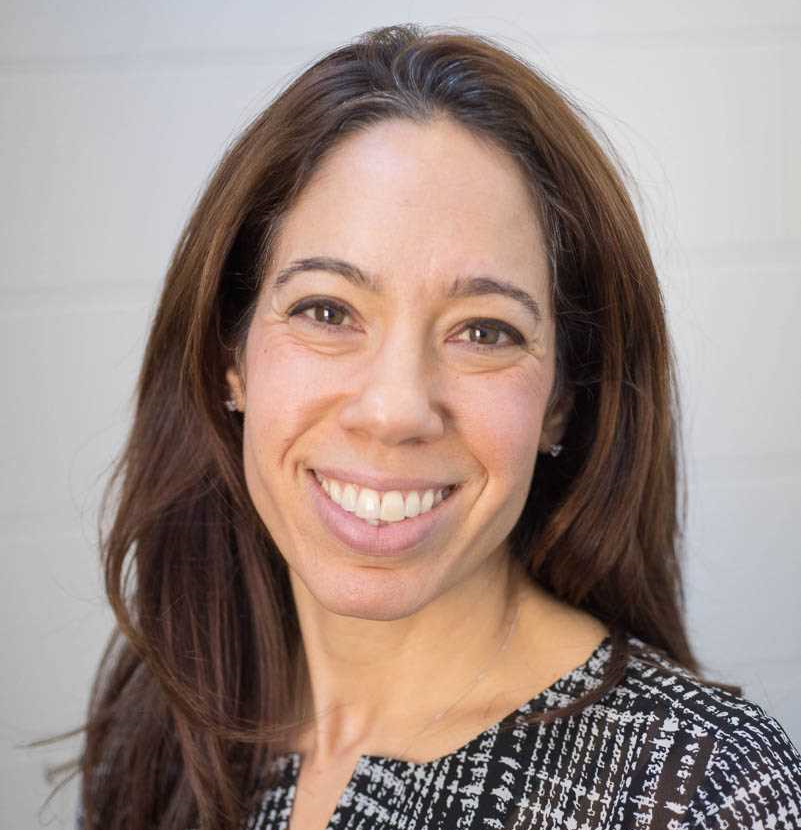
Stephanie Somers is a speech-language pathologist with a professional interest in adult acquired communication disorders and neurogenic dysphagia. She obtained her Master of Clinical Science, Speech-Language Pathology (SLP) from Western University, London, Ontario. Canada in 2003. Stephanie works in London Ontario as a Lecturer and Clinical Educator in Western’s S-LP program, and as clinician at London Health Sciences Centre, a large acute care teaching hospital.
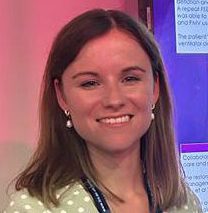
Elizabeth Montgomery is a Speech and Language Therapist in London, England. She is a Clinical Specialist in Critical Care, working between St George’s University Hospital NHS Trust and London Bridge Hospital, HCA Healthcare. Elizabeth has a special interest in dysphagia and tracheostomised and ventilated patients.
© 2024 IALP, All rights reserved | Master Privacy Policy | Cookie Policy
An individual enrolled for part- or full-time study for preregistration, undergraduate or postgraduate studies directly related to the field of human communication disorders and sciences at a formal education institution. Students must provide official evidence of enrolment at the time of joining the Association and/or registering for a congress/composium.
On behalf of the IALP I would like to thank you for considering membership in our global organisation of professionals.